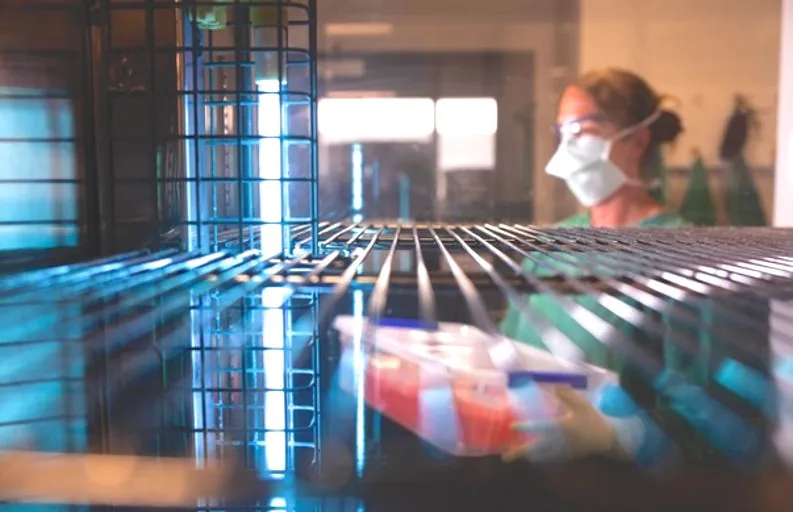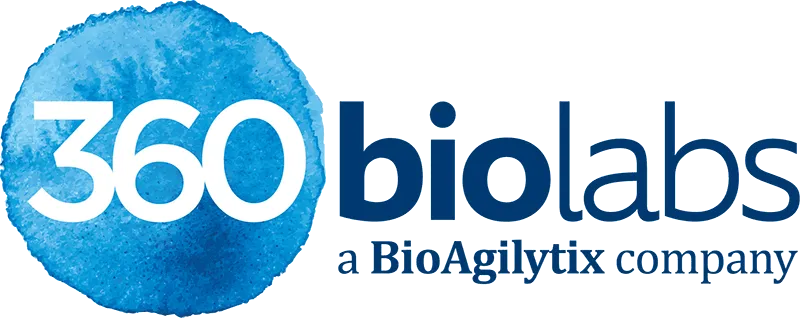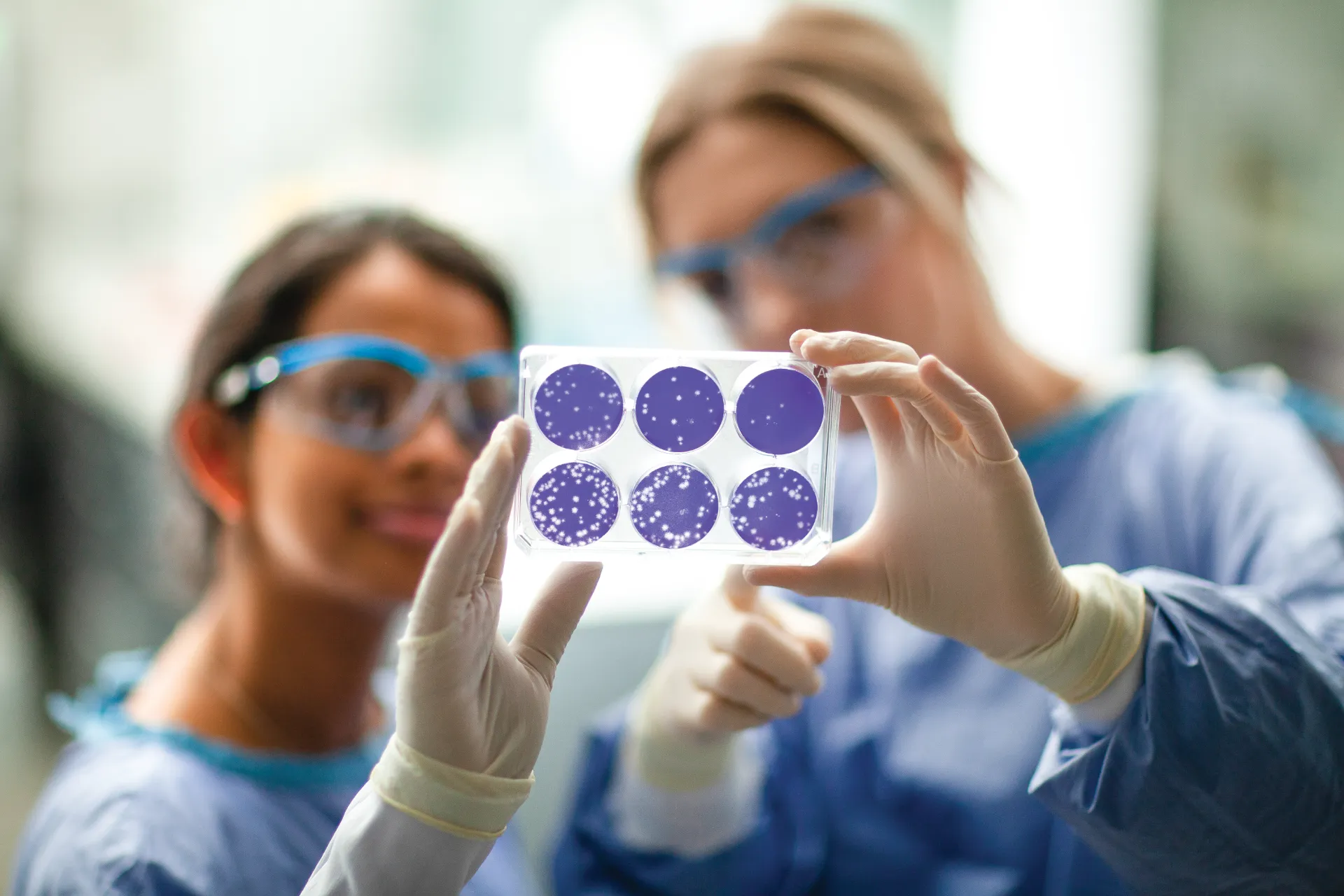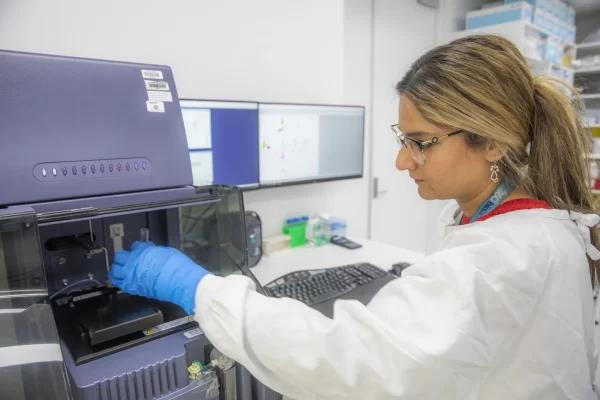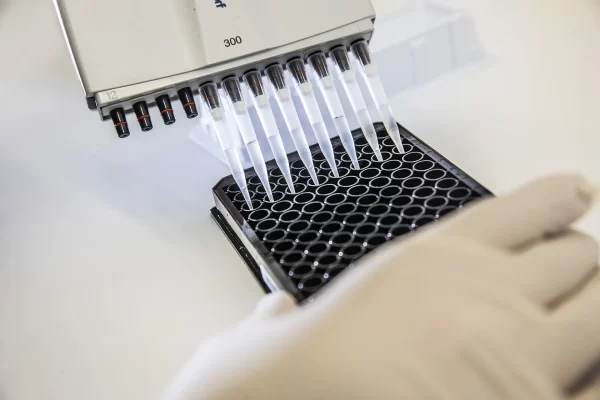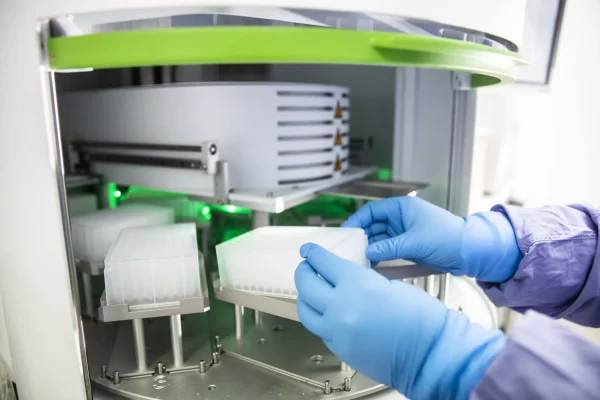Our BSL3 (Biosafety Level 3) laboratory is a specialised facility designed to handle and conduct research on pathogens that can cause serious or potentially lethal diseases in humans. Our staff are trained to study dangerous pathogens under controlled conditions, participate in the development of countermeasures against emerging infectious diseases, and contribute to global efforts in disease prevention.
Vaccines and Infectious Diseases
360biolabs possesses significant expertise in the field of vaccine and infectious disease research and development. Our services encompass a diverse range of virological, immunological, and molecular assays that support the development of vaccines, viral vectors, and therapeutics aimed at treating or preventing diseases.

Experience in
Infectious diseases:
Extensive Experience
360biolabs infectious diseases and virology team have > 20 years of experience in developing assays, culturing viruses, and supporting vaccine clinical studies.
Custom Assay Solutions
When we combine our virology, immunology, and molecular biology capabilities, we can support any endpoint required for vaccine or antiviral clinical studies.
State-of-the-art Facility
Our Australian facilities in Melbourne and Brisbane have biological safety level (BSL) 2 and 3 laboratories.
360biolabs Bioanalytical Solutions
Infectious disease and
virological based services
Culture based assays
Cell culture is used to isolate, identify, and quantify specific viruses. This laboratory technique is particularly critical in helping understand the efficacy and safety of antiviral drugs and vaccines.
- Qualitative culture (flask)
- Quantitative culture (TCID50 or Plaque Assay)
Neutralisation
Viral neutralisation assays are key in determining the ability of antibodies to inhibit the infectivity of a virus. These assays can also be used to characterise the immune response to vaccines.
- Plaque Reduction Neutralisation Test (PRNT)
- Microneutralisation (MNT)
- Focus Reduction Neutralisation Test (FRNT)
ELISpot
Enzyme-linked immunosorbent spot (ELISpot) measures the frequency of antigen-specific cells by measuring the number of cytokine-secreting cells in PBMCs at a single-cell level.
- Diverse array of cytokines
- T-cells
- B-cells
Hemagglutination inhibition (HAI)
Hemagglutination inhibition (HAI) is an assay used in the detection and/or quantification of antibodies to a viral infection.
- Influenza HAI assays
Cellular Responses
Inducing T-cell-mediated immunity is pivotal in vaccine development. Assessing this response via immunophenotyping is an important part of establishing the effectiveness of a vaccine.
- Immunophenotyping
- Intracellular cytokine staining (ICS)
Molecular assays
Molecular assays qualitatively or quantitatively measure the presence and amount of a target entity and assess gene expression to identify signatures and predictors of vaccine-induced specific antibody and T-cell responses.
- Real-time quantitative PCR (qPCR)
- Gene expression via qPCR or dPCR
- Mutation detection
- Gene panels (array cards)
- Pathogen detection
- Viral vector titres and shedding
Biomarkers
Immune-based biomarker assays are widely used to assess vaccine responses. Detection and measurement of the presence of vaccine-induced antibodies to viral, bacterial, toxin antigen targets, cytokines, or other key biomarkers in matrices such as serum, plasma, mucosal, and saliva are available in single-plex to multiplex format.
- MSD-ECL
- Bead-based luminescence
- Simoa, Single Molecule Array
- Absorbance-based
Immunoassays
Antibodies play a key role in the immune response by recognising and binding to specific antigens, such as bacteria, viruses, and toxins.
- Vaccine-specific ELISAs
- IgG, IgM, IgA serology testing
PBMC Isolation
Peripheral Blood Mononuclear Cells (PBMCs) are key in vaccine research for evaluating memory T cell responses, B cell responses, cytokine profiling, and assessment of cellular immunity to candidate vaccines.
- Ficoll
- SepMate
- CPT
If you have questions on how our team can support you with our vaccines and infectious disease capabilities, connect with us.
Virology
Infectious Diseases & Virology
A southern hemisphere location offers advantages for conducting clinical trials on respiratory viruses. Transitioning from the northern to the southern hemisphere season can potentially shorten a clinical study timeline by six months. BSL2 and BSL3 laboratories enable the support of a broad spectrum of vaccines aimed at targeting viruses, including:
- Adenovirus
- Chikungunya
- EV71
- HSV
- Measles/rubella
- Poxvirus
- RSV
- SARS-CoV-2
- Seasonal influenza
- VZV
- Zika
Other Vaccines
To explore vaccines aimed at bacterial pathogens and allergen-specific immunotherapy, a thorough evaluation of diverse immunological parameters is essential. This necessitates access to a laboratory equipped with a comprehensive immunology suite and staffed by an experienced team.
- Peanut allergy
- Pertussis
- Malaria
BSL2 & BSL3 Laboratories
